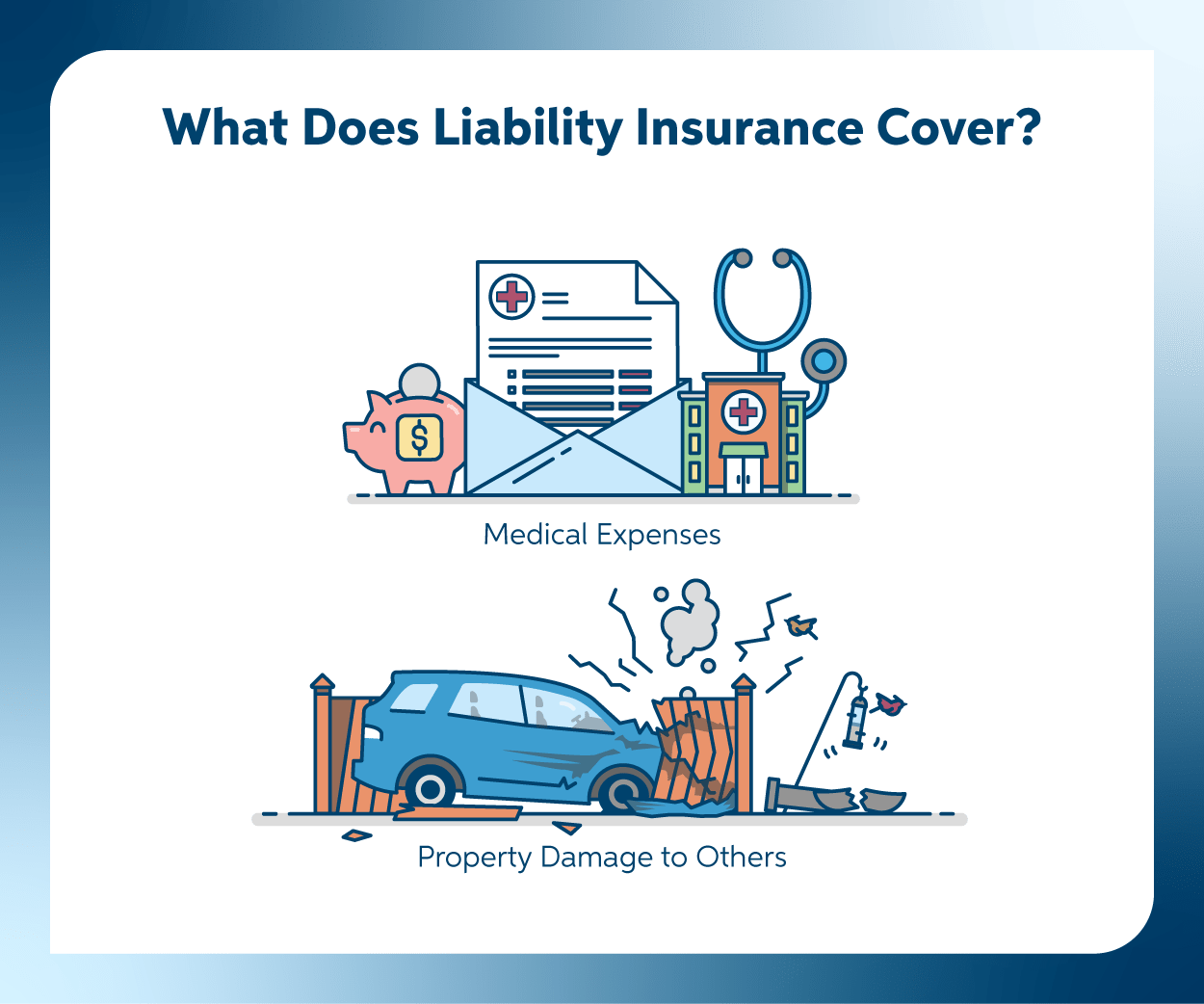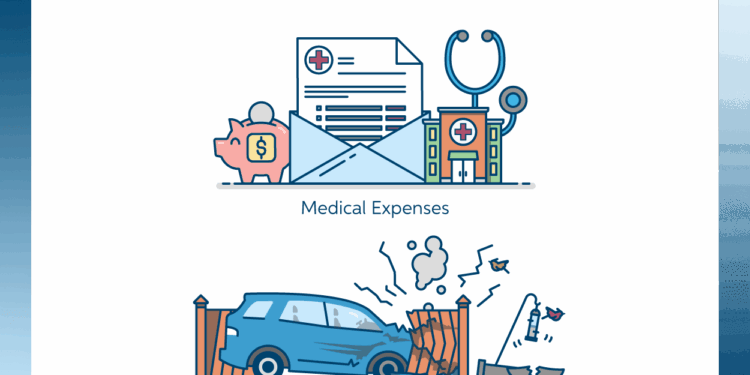Embark on a journey through the intricacies of liability coverage for small business owners in this comprehensive guide. Delve into the world of insurance with a focus on protecting your business and assets.
Discover the various types of liability coverage available and why it is essential for safeguarding your business interests.
Overview of Liability Coverage for Small Business Owners
Liability coverage for small business owners is a type of insurance that protects them from financial losses due to lawsuits or claims filed against their business. It provides coverage for legal costs, settlements, and judgments that may arise from incidents such as property damage, bodily injury, or advertising mistakes.
Importance of Having Liability Coverage
- Protects Business Assets: Liability coverage helps safeguard the assets of a small business, preventing personal assets from being at risk in case of a lawsuit.
- Legal Compliance: Many states require businesses to have certain types of liability insurance to operate legally.
- Peace of Mind: Having liability coverage gives business owners peace of mind, knowing that they are protected in case of unexpected events.
Types of Liability Coverage Available
- General Liability Insurance: Covers claims related to bodily injury, property damage, and advertising injury.
- Professional Liability Insurance: Also known as Errors and Omissions insurance, it protects businesses from claims of negligence or inadequate work.
- Product Liability Insurance: Covers claims related to products sold or supplied by the business that cause harm or injury.
- Cyber Liability Insurance: Protects businesses from cyber-related risks such as data breaches and hacking attacks.
General Liability Insurance
General liability insurance is a type of coverage that protects small business owners from financial losses resulting from third-party claims of bodily injury, property damage, and advertising injury. This insurance is essential for businesses as it provides coverage for legal fees, medical expenses, and damages that may arise from accidents or negligence.
Coverage Overview
- General liability insurance typically covers bodily injury, such as a customer slipping and falling in your store.
- It also covers property damage, like a contractor accidentally damaging a client's property while working on a project.
- Advertising injury coverage includes claims of slander, libel, or copyright infringement in your business advertising.
Examples of Situations
- If a customer trips over a loose rug in your store and gets injured, general liability insurance would cover their medical expenses.
- If a delivery person accidentally breaks a valuable item while making a delivery for your business, general liability insurance would cover the cost of replacing the item.
Cost-Benefit Analysis
- Having general liability insurance provides peace of mind and financial protection in case of unforeseen accidents or incidents.
- Not having general liability insurance can lead to significant financial losses, especially if faced with a costly lawsuit or settlement.
- Considering the relatively low cost of general liability insurance premiums compared to the potential expenses of liability claims, the benefits of having this coverage far outweigh the costs.
Professional Liability Insurance
Professional liability insurance, also known as errors and omissions insurance, is a type of coverage that protects businesses and professionals from financial loss due to claims of negligence or failure to perform their professional duties.
Specific Risks Covered
- Professional mistakes or errors
- Failure to deliver promised services
- Legal defense costs
- Claims of negligence or misconduct
Examples of Industries
- Medical professionals, such as doctors and dentists
- Legal professionals, including lawyers and attorneys
- Consultants and advisors in various fields
- Architects and engineers
Product Liability Insurance

Product liability insurance is crucial for small businesses that manufacture, distribute, or sell products. This type of insurance provides coverage in case a product sold by the business causes harm or injury to a consumer.
Purpose of Product Liability Insurance
Product liability insurance helps protect small businesses from financial losses resulting from lawsuits related to product defects, malfunctions, or inadequate warnings
- Claims Covered Under Product Liability Insurance:
Product liability insurance typically covers claims related to bodily injury, property damage, or financial losses caused by a defective product. This includes issues such as design defects, manufacturing defects, inadequate instructions or warnings, and failure to conform to product specifications.
Tips to Mitigate Product Liability Risks
Small business owners can take proactive steps to reduce the risk of product liability claims. This includes implementing quality control measures, conducting thorough product testing, providing clear and comprehensive product instructions and warnings, and maintaining records of all product-related activities.
- Implementing Quality Control Measures:
- Conducting Thorough Product Testing:
- Providing Clear Instructions and Warnings:
- Maintaining Detailed Records:
Cyber Liability Insurance
In today's digital age, where businesses heavily rely on technology and store sensitive information online, cyber liability insurance has become essential to protect against cyber threats.
Importance of Cyber Liability Insurance
- Cyber liability insurance helps cover the costs associated with a data breach, such as notifying customers, providing credit monitoring services, and legal fees.
- It also helps protect small businesses from financial losses resulting from cyber attacks, such as ransomware or phishing scams.
- Having cyber liability insurance can help maintain the reputation and trust of customers in the event of a data breach.
Coverage Provided by Cyber Liability Insurance
- Data Breach Response:Assistance in managing and recovering from a data breach, including forensic investigation and notification costs.
- Legal Support:Coverage for legal expenses, settlements, and judgments resulting from a cyber attack.
- Business Interruption:Compensation for income loss and extra expenses incurred due to a cyber attack disrupting business operations.
Best Practices for Small Business Owners
- Regularly update and patch software to prevent vulnerabilities that hackers can exploit.
- Train employees on cybersecurity best practices, such as recognizing phishing emails and using strong passwords.
- Encrypt sensitive data to protect it from unauthorized access in case of a data breach.
- Implement multi-factor authentication for an added layer of security when accessing business systems or data.
Umbrella Liability Insurance
Umbrella liability insurance plays a crucial role in a small business owner's insurance portfolio by providing an extra layer of protection beyond what is offered by other types of liability coverage.
Comparison with Other Types of Liability Coverage
- General Liability Insurance: While general liability insurance covers basic risks, umbrella liability insurance extends the coverage limits and protects against catastrophic events that could potentially bankrupt a business.
- Professional Liability Insurance: Professional liability insurance is specific to errors or negligence in services provided, whereas umbrella liability insurance offers broader coverage for a wide range of liability risks.
- Product Liability Insurance: Product liability insurance focuses on claims related to products sold by a business, while umbrella liability insurance provides additional coverage for various liability claims not covered by other policies.
- Cyber Liability Insurance: Cyber liability insurance protects against data breaches and cyberattacks, whereas umbrella liability insurance offers protection for liability claims that may arise from a variety of sources.
Scenarios where Umbrella Liability Insurance is Beneficial
- Legal Costs Exceeding Primary Policy Limits: In the event of a lawsuit where the legal costs exceed the limits of primary insurance policies, umbrella liability insurance can step in to cover the excess amount.
- Coverage Gaps: Umbrella liability insurance helps fill the gaps left by other types of liability coverage, providing additional protection for unforeseen risks and liabilities.
- Multiple Claims: If a business faces multiple liability claims simultaneously, umbrella liability insurance can provide added coverage to handle the increased financial risk.
Last Point
In conclusion, understanding liability coverage is crucial for small business owners to navigate potential risks effectively. Take charge of your business's security by exploring the options discussed in this guide.
General Inquiries
What does liability coverage entail for small business owners?
Liability coverage protects businesses from financial loss due to claims of injury or damage caused by their operations or products.
Why is having liability coverage important for small business owners?
Having liability coverage provides financial protection and peace of mind in case of unforeseen accidents or lawsuits.
How can small business owners mitigate product liability risks?
Small business owners can mitigate product liability risks by ensuring product quality, providing clear instructions, and obtaining product liability insurance.

















